Books
Reading list and reviews.
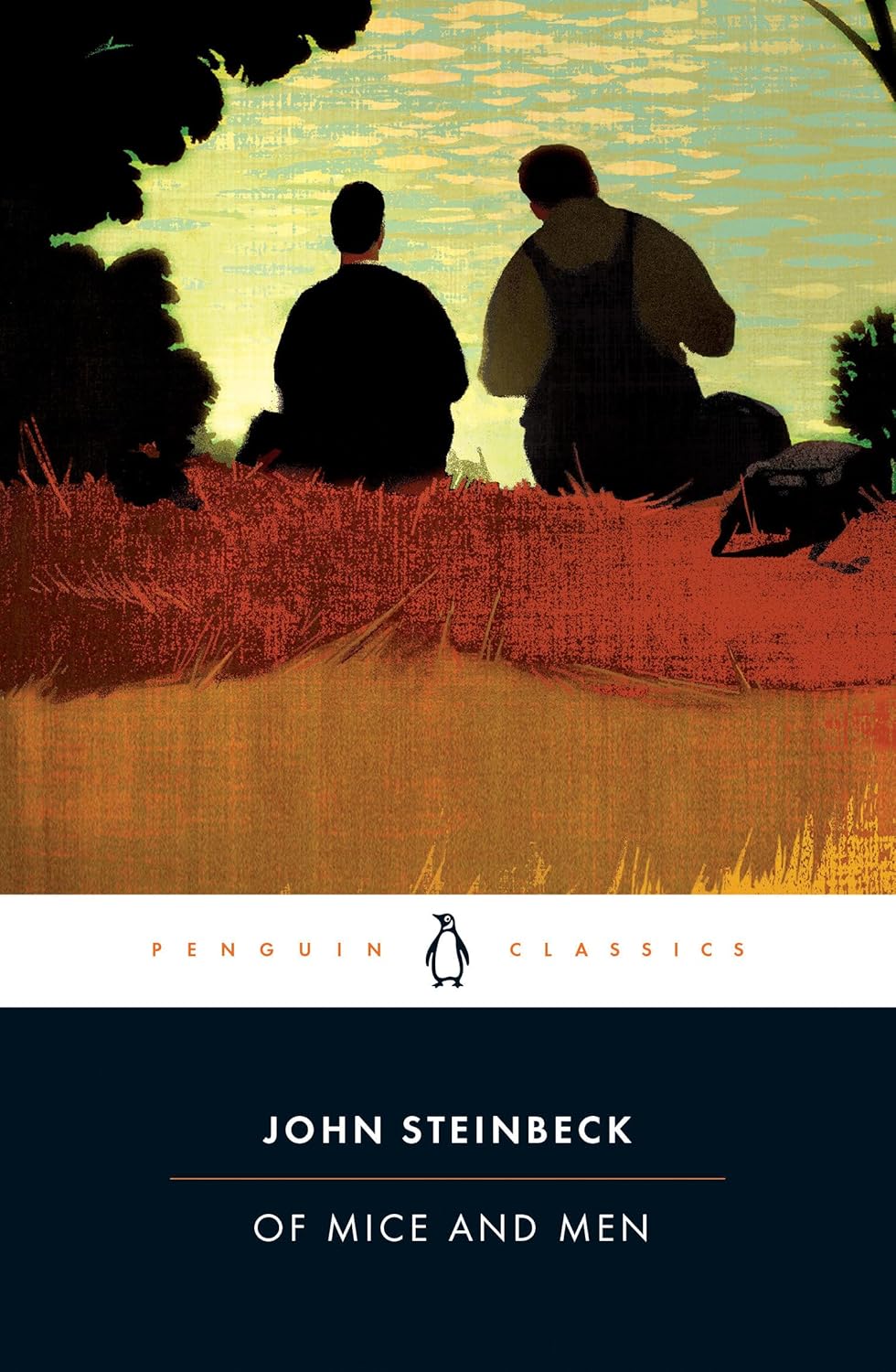
|
Of Mice and Men By John Steinbeck Date Read: 2025-01-22, How Strongly I Recommend: 8/10 Coming Soon... |
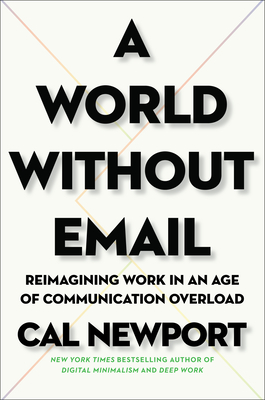
|
A World Without Email By Cal Newport Date Read: 2021-04-18, How Strongly I Recommend: 3/10 In good faith, 'A World Without Email' tries to offer an overview of and solutions for the humdrum of office busy-work. Cal Newport shares soft suggestions which amount to a little more than a shallow look at the current standards of working in the software engineering field. If you spend your days in anything related to software development, look elsewhere. You'll end up with a summary of how you work today, with little exploration into the pitfalls of modern agile practices, and how to overcome those issues when they eventually arise. Unfortunately, 'A World Without Email' ends up as Cal Newport's weakest entry in his growing series of productivity porn. |
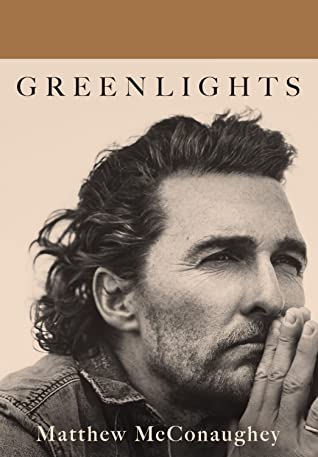
|
Greenlights By Matthew McConaughey Date Read: 2021-02-21, How Strongly I Recommend: 7/10 Matthew McConaughey shares a wild life story in his new book, Greenlights. From growing up in Texas, a wild senior year in Australia, to finding himself later in life in South America and Africa, the book offers up interesting stories of a privileged life. There's enough humility to keep things bearable, but the aggressive masculinity topped off with recounts of wet dreams makes this autobiographt feel a bit dated. |
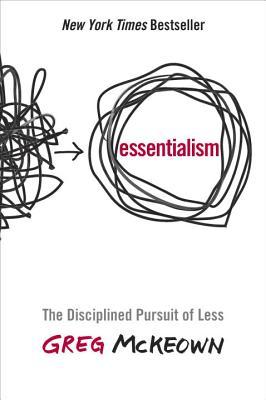
|
Essentialism: The Disciplined Pursuit of Less By Greg McKeown Date Read: 2021-01-15, How Strongly I Recommend: 7/10 I struggle to rate this. On one hand, the message of focusing on what matters is becoming increasingly important as the world starts to both lose it's ability to spend long hours on a single subject and get lost in the sea of social media distractions. On the other, the general content is pretty uninspiring and I wish the book offered a more tactical approach towards how to accomplish determining what is essential and acting on it. |
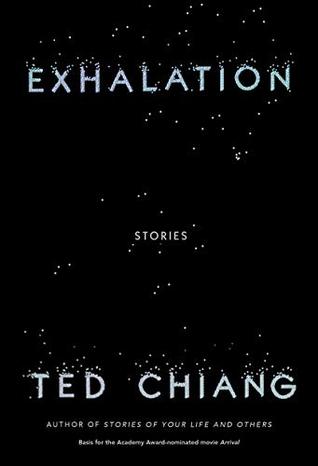
|
Exhalation By Ted Chiang Date Read: 2021-01-15, How Strongly I Recommend: 8/10 A fantastic collection of short stories, with a few that could really warrant a full book on their own. 'Exhalation' by Ted Chiang will leave you wanting to seek out more of his work, with his spectrum of whimsical to 'Black Mirror' level unsetlling tales. |

|
Solitude: In Pursuit of a Singular Life in a Crowded World By Michael Harris Date Read: 2021-01-02, How Strongly I Recommend: 5/10 This could've been a blog post. It's more memoir than guide to escaping into solitude, or ode to those who've offered their approach to achieving it. It genuinely feels like someone was inspired by social media posts to walk to a family cabin in the woods for a week, and the result was this book. |
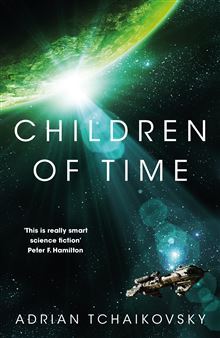
|
Children of Time By Adrian Tchaikovsky Date Read: 2020-12-15, How Strongly I Recommend: 10/10 Adrian Tchaikovsky delivers a sci-fi epic spanning at an unbelieveable scale. I genuinely can't express how much I loved every bit of this book. The unique swapping perspecitves of the pair of main characters makes you care for both of them deeply, and the ending leaves you struggling emotionally to pick a side. A fantastic read for any fiction fan, this book is sure to be a sci-fi classic. |
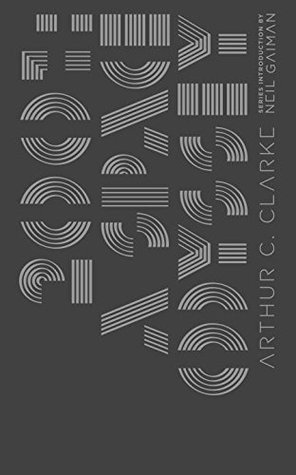
|
2001: A Space Odyssey By Arthur C. Clarke Date Read: 2020-09-17, How Strongly I Recommend: 8/10 The Sci-fi classic by Aruth C. Clarke holds up over 50 years later. A genuine trip in many senses of the word, the story follows humanity discovering the cosmos in a way that feels remarkably achievable today. I guarantee you'll be itching to watch the Stanley Kubrick film adaptation as soon as you finish. |
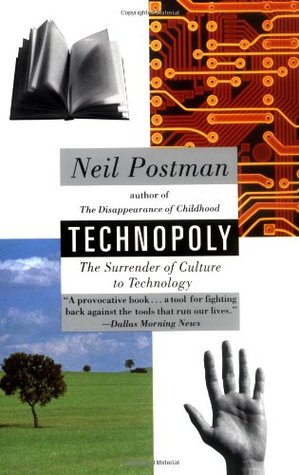
|
Technopoly By Neil Postman Date Read: 2020-08-02, How Strongly I Recommend: 10/10 Perhaps more relevant today than it was in 1992, Technopoly argues that America has surrendered it's culture to technology. Neil Postman believes that we've crossed a barrier from treating technology as a tool, to now worshipping it and treating everything new as progress. Without looking at a technology's side effects, he argues, we can't rightfully appreciate if it's actually a net benefit to our lives. One is left wondering what Postman would've thought about the constant connection of smartphones, social media, and the state of endless entertainment we find ourselves in today. |
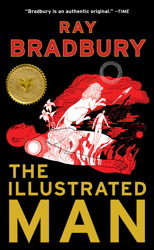
|
The Illustrated Man By Ray Bradbury Date Read: 2020-07-14, How Strongly I Recommend: 8/10 Another great book of short stories from Ray Bradbury. Like the Martian Chronicles, this clearly comes from a time where getting to Mars and beyond was humanity's next Manifest Destiny. The theme of atomic war on Earth is also a strong focus. With my experience of Bradbury being limited to this, The Martian Chronicles, and Farenheit 451, I'm left wondering about the anxieties the early years of the Cold War imparted on him. |
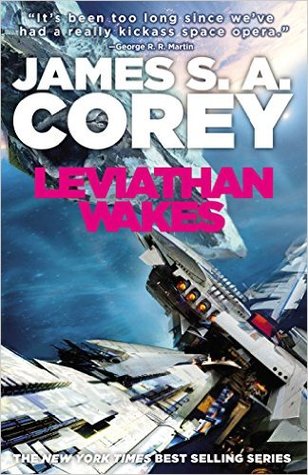
|
Leviathan Wakes By James S.A. Corey Date Read: 2020-07-09, How Strongly I Recommend: 9/10 The first book of the series 'The Expanse', Leviathan Wakes is an epic space opera from start to finish. The story follows the crew of The Canturbury; an ice hauling space freighter that finds itself the catalyst of a war between Earth, Mars, and a set of colonies between them called The Belt. The most interesting part of the book is its apparent setting in the not-so-distant future. A future seemingly within reach if humanity were to invent technology akin to the book's universe's Epstein Drive for fast efficient space travel. |
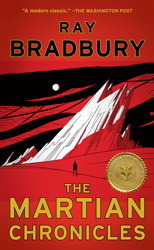
|
The Martian Chronicles By Ray Bradbury Date Read: 2020-07-01, How Strongly I Recommend: 8/10 A classic piece of science fiction that shows its age in regards to science, but not creativity. Bradbury's space adventure traverses generations of life on Mars, and offers some far out tales of time travel and Earth at war. The writing, as expected, is packed full of wonderful imagery, but prepare to get hung up on the scientific understanding and technical imagition of the 1950's. |
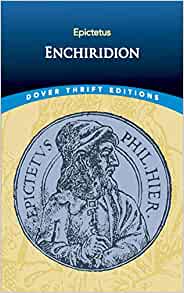
|
Enchiridion By Epictetus Date Read: 2020-06-29, How Strongly I Recommend: 6/10 The stoic classic matched in fame only my Marcus Aurelius's Meditations. While not written at the same level of introspection and humility as Meditations, this short reading deeply explores the principles of stoicism. Recommended for anyone beginning to explore the way of living. |
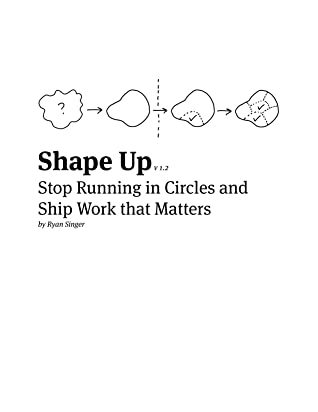
|
Shape Up By Ryan Singer and Jason Fried Date Read: 2020-06-28, How Strongly I Recommend: 9/10 The folks at Basecamp do it again with a look into their ways of working. Shape Up digs into the hard details of ideation, prioritization, and execution. Shaping ideas and betting on them leads to clearer goals while maintaining a level of agency for engineers and designers. Strongly recommended for anyone looking to buck the treadmill of agile. |
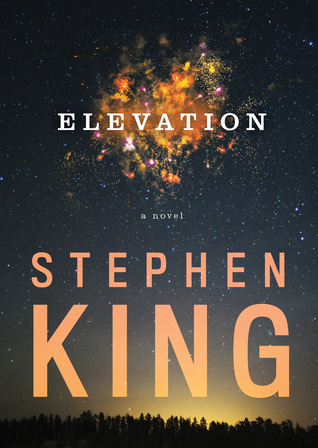
|
Elevation By Stephen King Date Read: 2020-06-27, How Strongly I Recommend: 6/10 I can only assume this is a story about death. A short novel by King left me wanting much more. Scott's interactions with his neighbors are awkward and tough to relate too. The theme of death, however, is very present in King's mind. A quick read, and one that leaves me disappointed and yearning for more Stephen King on the back end of his career. |
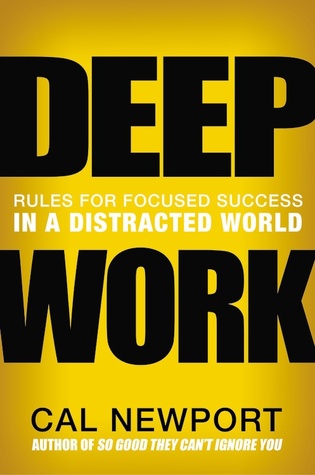
|
Deep Work By Cal Newport Date Read: 2020-06-25, How Strongly I Recommend: 10/10 Cal Newport addresses the importance and value of focus in a world of meetings and Big Co. redudancy. Newport argues (and it's tough to disagree) that we're most productive when we're able to achieve a state of flow, or deep concentration. Thinking deep thoughts is hard, especially with tools like Slack and email begging to steal your attention. Strongly recommended for anyone trying to rein in the distractions in their work day. |
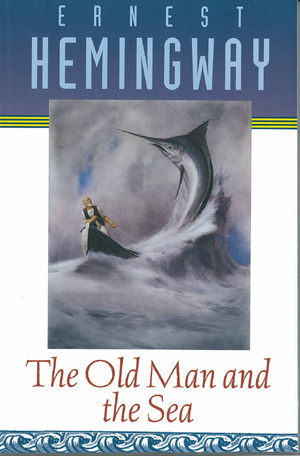
|
The Old Man and The Sea By Ernest Hemingway Date Read: 2020-06-21, How Strongly I Recommend: 8/10 A wonderful afternoon read on a summer day. Hemingway's classic paints a picture of persistance and the unfairness of life. Best read on a sunny day in June by a lake, ocean, or stream with a cold beer. |
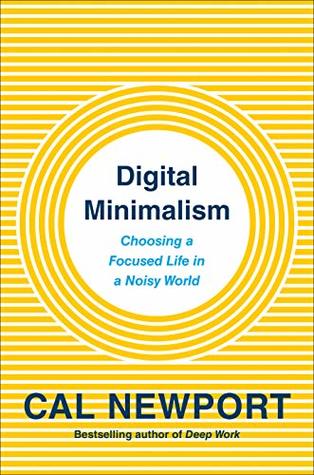
|
Digital Minimalism By Cal Newport Date Read: 2020-06-21, How Strongly I Recommend: 9/10 A follow up to 'Deep Work', Cal Newport covers the role that social media plays in most everyone's daily life. Newport takes the stance that the way to a satisfying life is through finding meaning in how we spend our time. Build something. Practice something and seek feedback. Uninstall Facebook. A great pairing with his last novel that explores the time wasters of our leisure time, and how to overcome them. |

|
Foundation By Isaac Asimov Date Read: 2020-06-18, How Strongly I Recommend: 8/10 The first book in the Hugo Award winning foundation series, one of the seminole works of modern science fiction. Asimove writes on a galactic scale about the very real threat of empirical decay, and a psychologist who predicts the future. A great introduction for those looking to dive deep into award winning sci-fi. |
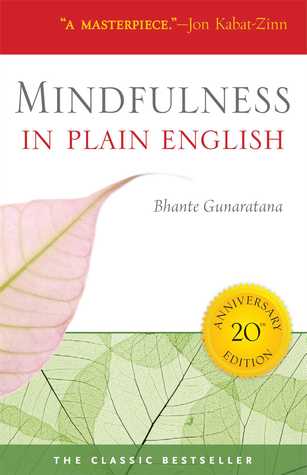
|
Mindfulness in Plain English By Bhante Gunaratana Date Read: 2020-06-08, How Strongly I Recommend: 7/10 A thorough and easy to understand (but difficult to finish) guide to mindfulness and vipasanna meditation. A great introduction to the what, how, and why of sitting. This book answered all of my outstanding questions about how to get started with mindfulness, although the later parts of the book felt quite repitive. |
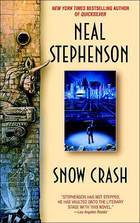
|
Snow Crash By Neal Stephenson Date Read: 2020-05-26, How Strongly I Recommend: 8/10 Snow Crash is an intelligent story in a world of corporate overlords and no government. The cyberpunk distopia is painted almost as well as VR googles render the metaverse. A great story, save for the lackluster finish and awkward near-monologue 3/4 of the way through the book. Don't let it distract you from the fact that Hiro Protagonist may be the most badass pizza delivery driver to ever live. |
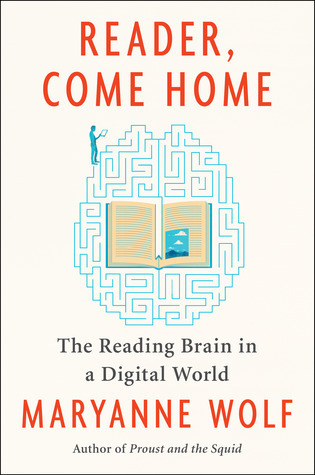
|
Reader Come Home By Maryanne Wolf Date Read: 2020-05-17, How Strongly I Recommend: 9/10 How do the reading patterns encouraged by content on the internet affect our ability to focus when reading long-form? _Reader Come Home_ explores how the internet is changning how we read, focus, and grow in a world of blog posts and tweets. Marryanne Wolf explains what we're missing out on by dismissing books, and how detrimental it can be to the minds of our children. An excellent read for those wanting to combat the internet's preference for hot takes and click bait. |
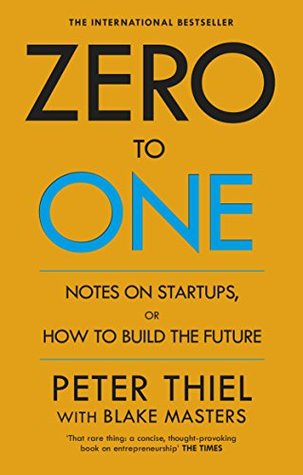
|
Zero To One By Peter Thiel Date Read: 2020-03-01, How Strongly I Recommend: 7/10 Peter Thiel argues for creation, instead of incrimental improvement, for those looking to build a company. He begins the book with a difficult question: 'What is something you think is true, but that most people disagree with you on?'. Can you answer that? The general argument is that novelty is better than copying, as it adds more to the world than just iterating on someone else's success. There are some bold ideas that resonate with the Silicon Valley ideology, and this book is worth a look for those striving to be the next Gates or Zuckerberg. Unfortunately, this ends up as antithesis for those looking to build a company while maintaining a healthy work life balance. |
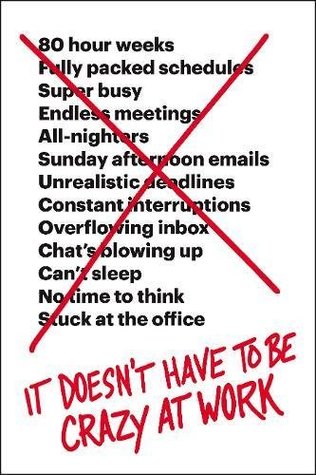
|
It Doesn't Have To Be Crazy At Work By Jason Fried and David Heinemeier Hansson Date Read: 2020-02-23, How Strongly I Recommend: 8/10 "A calm company is a choice", argue the founders of the software company, Basecamp. 80-hour work weeks, prioritizing bottom line growth over people, all-nighters, and days paralyzed monitoring chat are all optional. By focusing on making choices that are closer to calm than crazy, Basecamp has built an enviable culture. Some of the practices like a four day work week during the summer could be a bear to adapt, but others are less invasive, and can bring more balance to your work-life. |
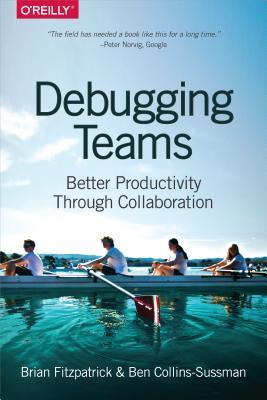
|
Debugging Teams By Brian W. Fitzpatrick and Ben Collins-Sussman Date Read: 2020-02-22, How Strongly I Recommend: 8/10 The founders of the Chicago Google office tackle building and maintaining teams. While initially written to cover teams working on software products, Debugging Teams covers a broad array of strategies to keep teams in any field happy and engaged. Humility, respect, and trust are the basis of all productive teams, they argue, and it's hard to disagree. Plenty of topics are covered from finding meaning in what the team is working on, to how to deal with bad eggs. |
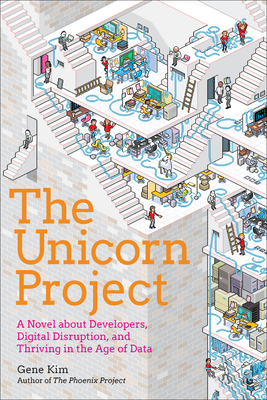
|
The Unicorn Project By Gene Kim Date Read: 2020-02-05, How Strongly I Recommend: 8/10 A story of agility, progress, and momentum under the constraints of corporate bureaucracy, The Unicorn Project shows how even businesses with the most dire technical debt can right the ship and become a market leader. Running parallel with the events of The Phoenix Project, the value of empowering engineers, encouraging innovation, and being customer focused is pressed upon the reader. A great read for anyone looking to be a spark of change in their engineering organization, or for selling the value of good engineering practices to non-engineers. |
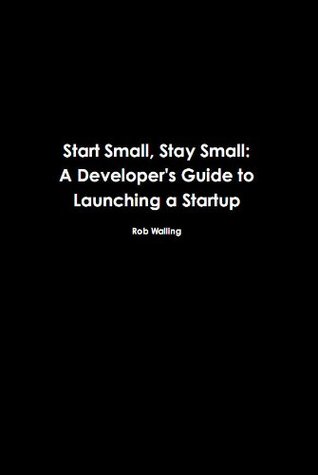
|
Start Small Stay Small By Rob Walling Date Read: 2020-01-26, How Strongly I Recommend: 5/10 Packed with substance, unfortunately most of it is dated. Large portions of the book are dedicated to SEO and growth tools that have gone belly-up. The author does pose hard questions for Software Developers, like how practical is building an MVP yourself if it can be easily outsourced for cheap. Unfortunately, without a revised edition, the book is very promising in name but disappointing in content. |
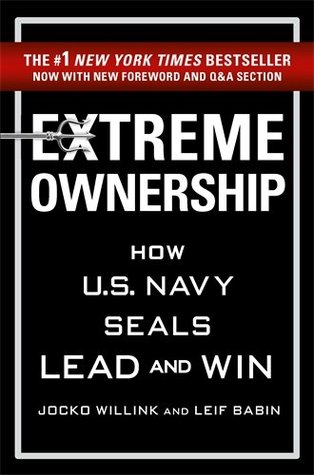
|
Extreme Ownership By Jocko Willink and Leif Babin Date Read: 2020-01-25, How Strongly I Recommend: 5/10 Extreme Ownership is a leadership mindset for maintaining absolute responsibility for the success of your team. The authors describe a number of behaviors to "Check The Ego", and provide great insight into putting your team in the best position to win. However, for a book that claims it "isn't meant to be an individual's glorified war story", they are discussed ad nauseam. 95% of the substance of this book can be gained from reading the 'Principle' and 'Application to Business' sections of each chapter. |
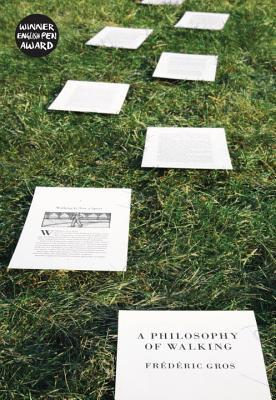
|
A Philosophy of Walking By Frédéric Gros Date Read: 2020-01-21, How Strongly I Recommend: 8/10 Once on his feet, though, man does not stay where he is. A Philosophy of Walking covers the impact of traveling by foot on Nietzsche, Rousseau, Thoreau and others. While much of the book paints a wonderful picture of the solitude walking offers, there is still a good bit of filler that wanders off the beaten path. What Gros really describes is something closer to what Americans call hiking, but you'll be left with an itch to fit even a short stroll into your daily schedule. |
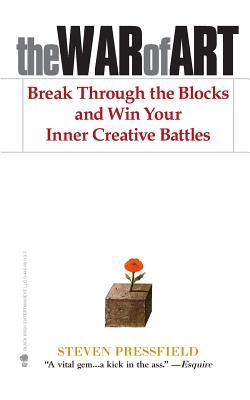
|
The War of Art By Steven Pressfield Date Read: 2020-01-16, How Strongly I Recommend: 6/10 A charming reminder of what's stopping us from creating: Resistance. The voice holding us back from starting work by casting doubt, fear, or convincing you it's easier to stay an extra hour in bed, or drink beer on the couch and binge watch. Despite the relatable theme, the brevity and mound of fluff outweigh the substance. Recommend only if you need a quick pickup to get going on making something meaningful. |
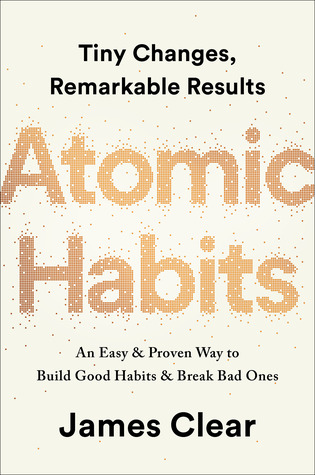
|
Atomic Habits By James Clear Date Read: 2020-01-13, How Strongly I Recommend: 10/10 Make it easy. Make it obvious. Make it attractive. Make it satisfying. James Clear details his strategy for making habits stick (and, inversely, how to break bad ones). By compounding incrimental improvements, Clear suggests that repitition of the minimum viable amount of change is the path to growth. The framwork outlined is easy to adapt as well, meaning experimentation with the ideas is dead simple. |
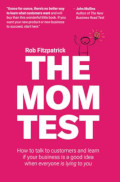
|
The Mom Test By Rob Fitzpatrick Date Read: 2020-01-12, How Strongly I Recommend: 9/10 A primer on how to communicate when attempting to validate your business idea. Great advice around digging into conversations with users to get actual feedback instead of fluff. A bit brief, but I appreciated the density of information. |
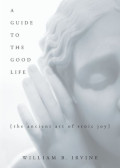
|
A Guide to the Good Life: The Ancient Art of Stoic Joy By William B. Irvine Date Read: 2020-01-06, How Strongly I Recommend: 10/10 A journey through the beginnings of stocism in Rome, the basics of the philosophy, and an argument for applying the ideas to modern times. Irvine often cites the greats in his attempt to sell the readers on the value of applying stoic principals to their lives, and this book can be thought of as scenic tour of available further reading. |
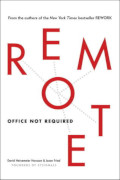
|
Remote: Office Not Required By Jason Fried and David Heinemeier Hansson Date Read: 2019-12-30, How Strongly I Recommend: 8/10 Introduction to the benefits of remote work, and how to sell it as a viable option to decision makers at your company. Briefly touches on strategies for success while working remote, and how remote teams can operate most efficiently. Best serves folks looking to go remote, or just starting to work away from the office. |